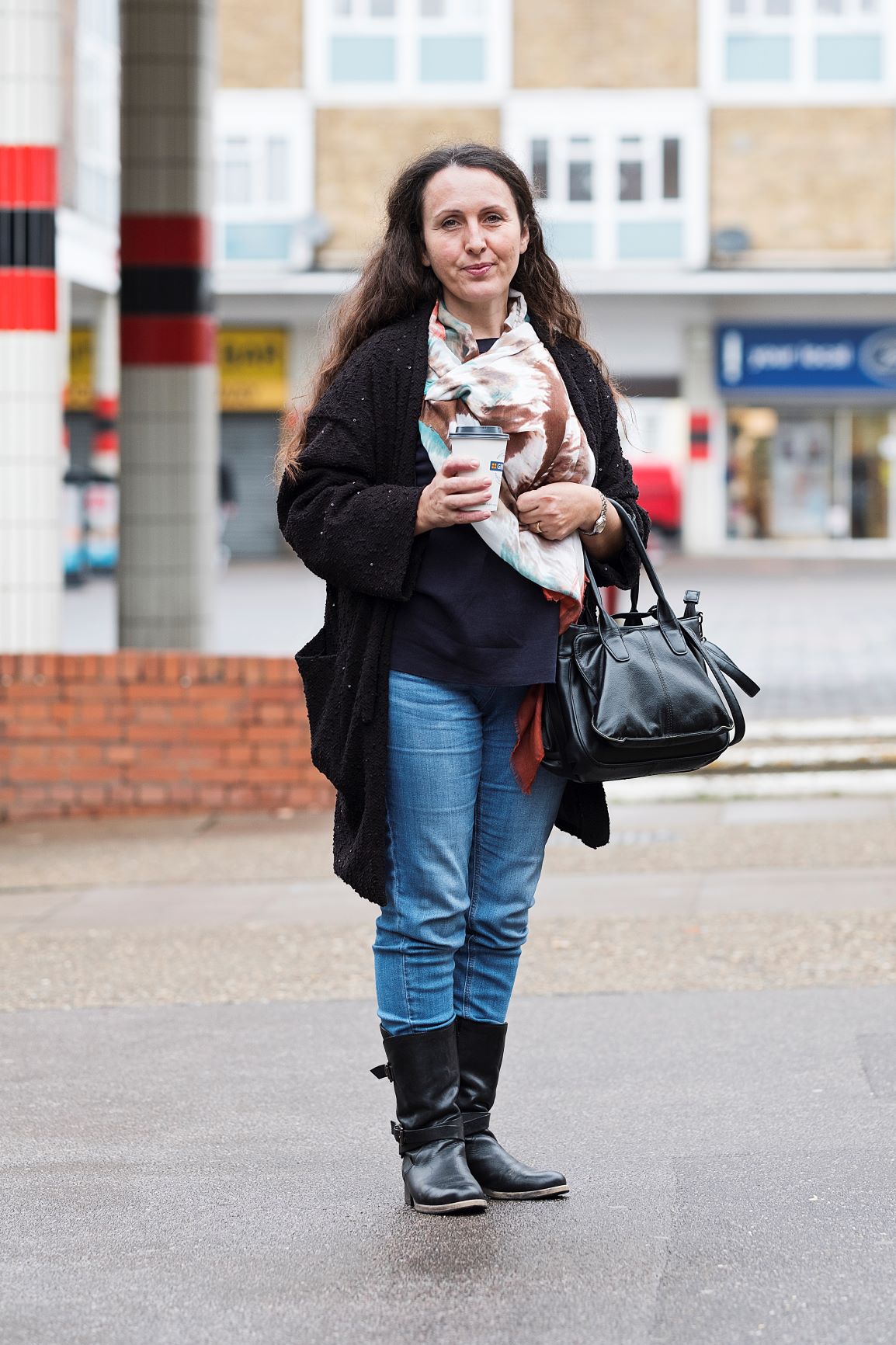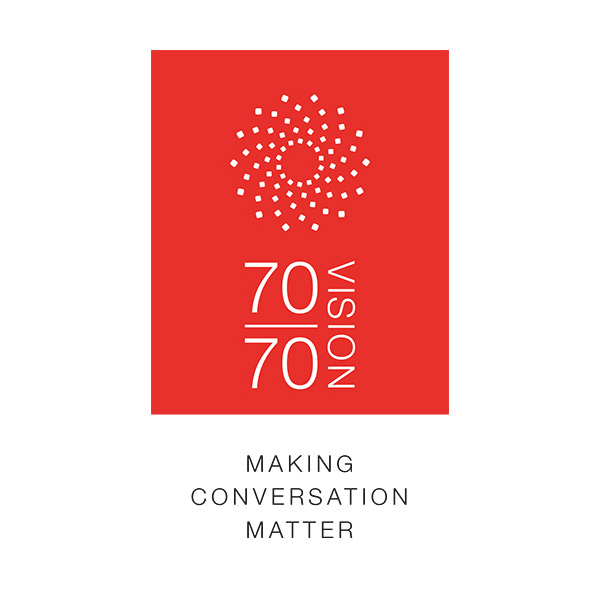 Albania is a much-maligned country that many have opinions on, but in reality few have taken the time to explore its recent complex history. I lived in a rural village close to the border with Serbia. Although I was raised under a Communist regime my childhood was a happy one. We knew no different, but compared to the West (which, because of the effective propaganda, we viewed with suspicion) we led simple yet contented lives.
Albania is a much-maligned country that many have opinions on, but in reality few have taken the time to explore its recent complex history. I lived in a rural village close to the border with Serbia. Although I was raised under a Communist regime my childhood was a happy one. We knew no different, but compared to the West (which, because of the effective propaganda, we viewed with suspicion) we led simple yet contented lives.
Religious practice beyond the confines of your home was forbidden. The government believed that by neutralising religion it stopped people forming opinions of others based on faith alone. The underlying sentiment of this law was admirable. But in all honestly it was wasted on myself and countless others – nothing got in the way of me (a Catholic) playing with children of Islamic faith.
Although faith posed no problem, the tensions between Albania and Serbia over the disputed area of Kosovo were ever-present. Even the simple matter of listening to Serbian radio was forbidden. The punishment if found doing so could be extreme, or at the very least you would be placed on a public list of potential troublemakers. The fear of being found guilty through association was deterrent enough. As was socialising with those referred to as ‘Kulaks’ – once wealthy citizens who, as Communism swept through the country after World War Two, were stripped of their wealth. Their obvious negativity was deemed dangerous as it could influence others. Even at school the children of Kulak families were segregated. As a young girl I remember wondering, but never questioning, why certain children were sat at separate tables on their own. And, unlike my right to attend university, their education was halted beyond secondary school.
My father was a through-and-through Communist supporter, whereas my mother, a more open-minded independent thinker, was against it. Despite opposing views, neither used propaganda against each other – as far as they were concerned it was ‘live and let live’.
Although the pitfalls of Communism were numerous, it did provide safety. Aside from low crime (the threat of severe punishment, including public hangings, proving enough of a deterrent), everyone had jobs, houses and an equal status in society.
In the late 1980s tensions mounted when, as a nation, we became increasingly aware of the outside world and the freedom they enjoyed. Albania’s economy and infrastructure was in turmoil. Food became scarce and rationing was introduced – queuing 24 hours for milk wasn’t uncommon. Although we were educated to behave and not speak ill of the state, behind closed doors and with friends it was all we spoke of.
'Even the simple matter of listening to Serbian radio was forbidden'
In 1989, as the Berlin Wall fell and troubles escalated in Romania, we knew it was just a matter of time until the spotlight was on Albania. I was in my early twenties and among a generation of youth who encouraged the collapse of Communism. Although scared of what lay ahead, we were fuelled by curious optimism.
In March 1992 the Democratic Party (with support from the West) took control of the country. Although my father (and those who shared his beliefs) had the tenacity to remain loyal to Communism, the majority of Albanians were full of hope and embraced the change. Having completed my degree in business management, I was among the youthful pioneers who’d dreamed of starting a business. Now, in a free economy, we were able to fulfil those dreams! Before long the trappings of the West – culture, music and fashion – bathed over us. However, amid the euphoria, confusion and anarchy ensued, primarily due to such rapid change in a short span of time.
With freedom came opportunities for some to make money, thus causing an economic divide among the people. Despite what had been envisaged, democracy benefitted the few and not the many. Serious crime, injustice, poverty and corruption increased. In 1997, after several get-rich-quick schemes failed, hundreds of thousands of Albanians lost their life savings. Protestors, who blamed the government, were attacked by riot police. A six-month civil war followed and the once-revered Democratic Party was toppled – giving way to the Socialist Party.
Barely a year later I found myself amid the Kosovo War. With a grasp of English and a willingness to contribute, I applied to work as a translator for NATO and the United Nations. I’ll never forget what I saw; to this day I struggle to comprehend the selfishness of war.
I needed to remove myself from the mess. In 1999, with the assistance of the UN, I applied to come to England for a period of two years. I was successful and came straight to and settled in Harlow, where at that time there were very few Eastern Europeans – let alone Albanians. Undeterred, and with the belief that I could build a life here, I applied for asylum. Then, as a way of contributing to and integrating with the community, I volunteered at various charities including the Citizens Advice Bureau.
As much as I’d like this interview to show Harlow in a positive light, I can’t – let’s just say I had a lot of challenging experiences when I arrived. Although I met some lovely welcoming people, I also experienced extreme hatred. What I’ve seen, as a result of war, I wouldn’t want anyone else to witness. With just a glimpse of what I’d left behind people may not have been so hostile towards me.
My asylum refusal coincided with my uncertainties as to whether I wanted to remain in England. Just as I contemplated my future, I met an Albanian man at a bus stop. For so long I’d felt isolated; I could now speak my own language – it gave me the sense of belonging I’d been looking for. We hit it off and one year later, in a low-key, non-religious ceremony (I’m Catholic, he’s Muslim), we exchanged wedding rings and made vows to each other.
Although money was tight we rented a flat and in 2003 we had a child together. Unexpectedly, in 2004 an amnesty granted parents of children born in the UK the right to remain. Such a positive move underlined the respect I’ve always had for this country. Sadly, due to further intimidating behaviour we had no alternative but to move house. Although it financially stretched us, the move greatly improved our situation. However, I was all too aware that other migrants in Harlow were not so fortunate.
'I truly believed I could change Harlow's perception of migrants'
I knew something needed to be done. Therefore, I went to a council meeting and put my case forward to receive £500 of funding. My aim was to set up a support group that would help migrants, in situations not dissimilar to my own, integrate in Harlow. They wholeheartedly agreed and the timing couldn’t have been better. In 2004 the European Union expanded and with that further migrants from Eastern Europe settled in Harlow. The need was there and I ran with it, and as demand increased the council did what they could to support me.
I truly believed I could change Harlow’s perception of migrants, but sadly that hasn’t been the case as of yet. It’s taking longer than I envisaged, but now my hope is that as younger generations mix tolerance will increase. The world is changing and people are more dynamic. So how can you discourage someone seeking a better life (due to circumstances of poverty or war) who is willing to die in the process of achieving it? Are we really so selfish as to deny them that dream? Wouldn’t anyone, if such a situation presented itself, do the same? If not for yourself, almost certainly for the sake of your children.
Like I said, this maybe isn’t quite the interview you’d hoped for, but I’m speaking from the heart.
